It has been said, If you’re going to really succeed in your business,
you have to stand for something important.
And the toughest part of all that?
Well, for me, truthfully all of it is tough.
Have you ever asked yourself, “Who am I to do this?”. . .(I’m still asking!)
“Who am I to help the sick, the aging, the dying and
set them on a path toward wellness?”
If you’ve ever asked this same question then please keep reading.
Continue reading “Health Practitioners, Are We Really “Doing No Harm”?”

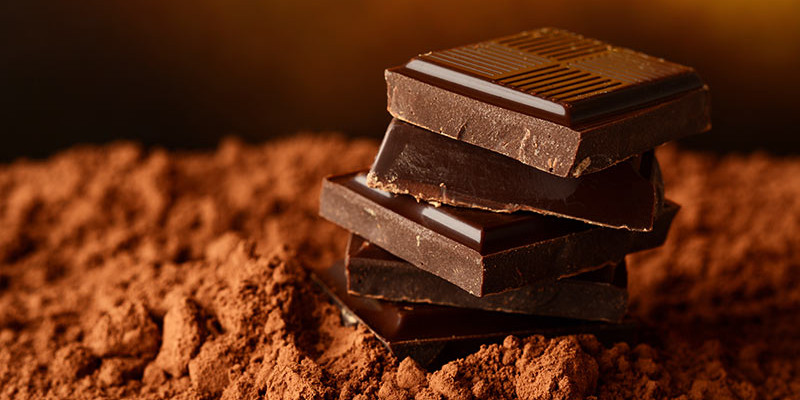
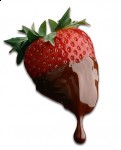 The polyphenol known as flavanols in cocoa can help promote dilation of blood vessels and thereby reduce hypertension. The Cochrane International database after investigating the effect of chocolate or cocoa on systolic an diastolic blood pressure concluded that chocolate faired better than a placebo at lowering blood pressure.
The polyphenol known as flavanols in cocoa can help promote dilation of blood vessels and thereby reduce hypertension. The Cochrane International database after investigating the effect of chocolate or cocoa on systolic an diastolic blood pressure concluded that chocolate faired better than a placebo at lowering blood pressure.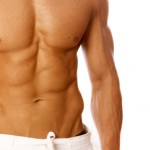 seeing today. Would you believe, this is not the first time in history that doctors needed to find a cure for the gut? A cornerstone of Traditional Chinese Medicine is a healthy digestive tract. Solutions for digestive health were pondered over 800 years ago when many TCM books and theories were first written on the importance of the stomach, pancreas and the entire digestive system. Chinese /Eastern medicine approach is very different than the Western medicine approach. Eastern medicine relies upon several holistic healing methods including healing cuisine, herbs and acupuncture and lifestyle modifications.
seeing today. Would you believe, this is not the first time in history that doctors needed to find a cure for the gut? A cornerstone of Traditional Chinese Medicine is a healthy digestive tract. Solutions for digestive health were pondered over 800 years ago when many TCM books and theories were first written on the importance of the stomach, pancreas and the entire digestive system. Chinese /Eastern medicine approach is very different than the Western medicine approach. Eastern medicine relies upon several holistic healing methods including healing cuisine, herbs and acupuncture and lifestyle modifications. 
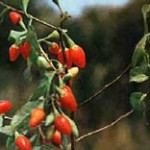
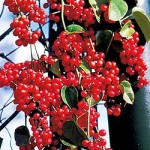
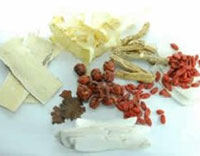
 I having been surrounded (quite literally) for the past three days by so called “healthy products”, everything from fortified lolly pops, safer nail polish to every type of infused water possible. I had three days of endless conversations with wellness experts from around the world, Naturopaths, Dieticians, Chiropractors, Acupuncturists, Herbalists, Homeopaths and Bio-Chemists to name a few. Every health professional I spoke to had the same resounding theme, the key to better health is not in any one of these hot new health products that you’ll find at the Natural Products Expo and later on a
I having been surrounded (quite literally) for the past three days by so called “healthy products”, everything from fortified lolly pops, safer nail polish to every type of infused water possible. I had three days of endless conversations with wellness experts from around the world, Naturopaths, Dieticians, Chiropractors, Acupuncturists, Herbalists, Homeopaths and Bio-Chemists to name a few. Every health professional I spoke to had the same resounding theme, the key to better health is not in any one of these hot new health products that you’ll find at the Natural Products Expo and later on a 
